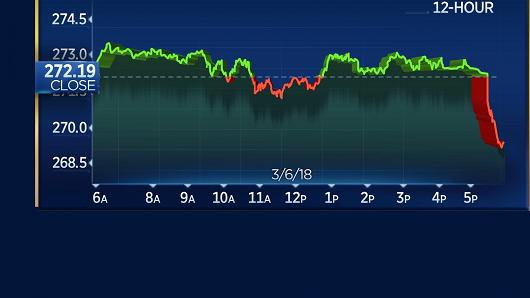Ghana’s consumer inflation fell to 52.8% year on year in February from 53.6% in January, according to the country’s statistics department on Wednesday.
According to statistics supplied, the reported decrease was the second consecutive month that inflation has declined since reaching a more than two-decade high of 54.1% in December 2022.
Ghana is experiencing its greatest economic crisis in a generation and is restructuring its debt in order to get a $3 billion loan from the International Monetary Fund (IMF). Several initiatives have been made to stimulate housing expansion.
The impact of the covid-19 epidemic on the Ghanaian economy is similar to that of other African nations, and the Russian-Ukraine war has further disrupted the supply chain, creating an upward adjustment in the consumer price index.
Remember that the government began steps to settle payments on outstanding domestic bonds on March 13, and bondholders should get their payments within the next 24 hours, according to the finance ministry on Tuesday.
The first directive addresses coupon and principal payments on bonds maturing on February 6 and 13, 2023. Ghana must restructure its debt in order to get a $3 billion rescue from the International Monetary Fund.
Amidst steep inflation rate condition couple with weak cedis, Ghanaian monetary authority hiked its main lending rate by 13.5 percentage points in the past year in an effort to contain price rises.













